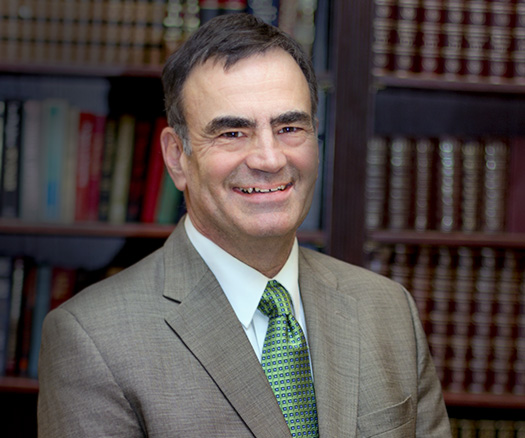About David Hoyt, Mediator

David has more than 80 hours of mediation training in the past three years, plus previous training in bankruptcy mediation. These included two courses in Mediations Skills and Family Law Mediation skills through the Justice Institute of British Columbia.
As a lawyer in private practice, David handled several family law matters, some involving litigation and some an amicably reached separation agreement accompanied by a divorce decree. A majority of these matters were in British Columbia, but David also practiced for a year and a half in California.
As a Senior Bankruptcy Analyst with the Federal Government’s Office of the Superintendent of Bankruptcy (“OSB”), David conducted many mediations among trustees, creditors and bankrupts or debtors. These mediations were designed to attempt to have the various parties come together and come to a reasonable agreement as to the terms of a bankrupt’s discharge or to the duties and obligations of an insolvent debtor. Agreements reached during these mediations eliminated time-consuming and costly appearances before the Supreme Court of British Columbia.
David has also taken courses on Elder Mediation, in Vancouver, Newton Massachusetts and Bellevue Washington. He also attended the Elder Law Conference in Vancouver in November 2017. Elder Mediation is a somewhat more recently developed field of mediation. These mediations deal with multi-generational issues involving one or two family elders, their children, and possibly others such as spouse of the children, grandchildren, social workers and caregivers. These issues involve the provision of, or the planning of, health care for the elder person(s), financial decision-making for the elder who is incapable or may become incapable, of making such financial decisions, housing arrangements and estate planning. Other issues might be family business, driving, religious issues, blended families, new marriages, guardianship and power of attorney issues.
The private, informal, supportive and non-confrontational nature of mediation is particularly well-suited to these types of discussions and to the older involved in them. The flexibility of the mediation process, in terms of where mediation sessions are held and who can participate, is also especially elder-friendly.[1]